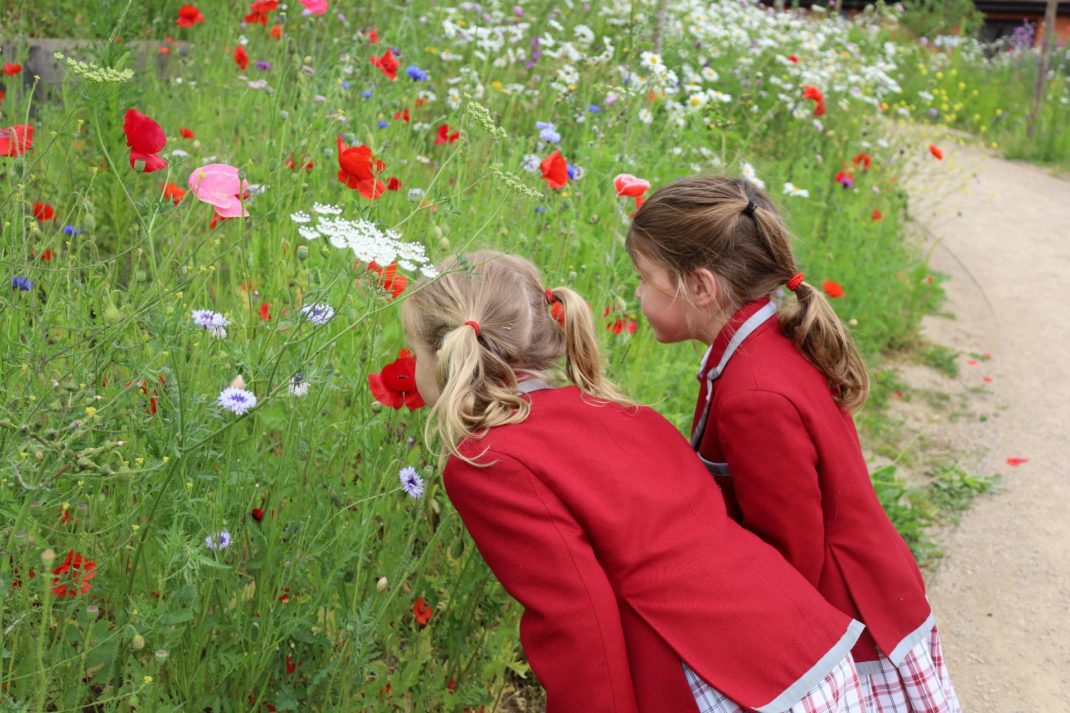Confessions of a Senior School Registrar
By
8 years ago
From waiting lists to bursaries, there's a lot that goes into a school's admissions process...

Gary Phillips, registrar at Oundle, opens the doors onto an admissions department.
The other day I was asked by a child if he could bring his pet snake to school. As the registrar responsible for ensuring that every year we have the right number of suitable pupils entering the schools, I get asked all sorts of questions but this was a first.
It is this variety and unexpected quality of my job which makes it so interesting. I never know who is going to walk through the door. When I took over as registrar at Oundle, a co-ed senior school in Northamptonshire, 16 years ago, my predecessor said that to be successful I would need very good judgment and lots of luck too.
This is particularly the case when deciding when to start a waiting list. Like all schools, we take on more applicants than we have places for, otherwise we would be left with empty beds as a result of parents double or even treble booking. However, if we have too many in the final reckoning, we would have to change our common entrance pass mark, which would go down very badly with parents and the heads of our feeder schools. Five years ago, I had sleepless nights as I thought we were going to have to do this for the first and only time, but in the end we managed to avoid it.
What is the registrar responsible for?
Registrars have to be very good at dealing with a wide range of people, including parents, pupils and prep school heads. I knew Oundle and the independent sector well and am a teacher by profession – I was head of department at Oundle and another school for 15 years before taking over as registrar. Although I don’t teach anymore, I still tutor and when speaking to parents I am speaking to them as a teacher, not as a marketing person.
I have dealt with at least 9,000 sets of prospective parents, have organised 46 open days and visited a very high number of prep schools all over the UK and beyond (Oundle currently has 120 prep schools represented from as far afield as Scotland, Shropshire and the South Coast). In a typical day I may meet four sets of visiting parents, talk to two or three prep school heads and communicate with another 20 families via letters, phone calls and emails. So having an efficient, successful admissions department is a key requirement for any school. Thisis easier said than done.
As well as being good at communicating with people, the other key requirement is to be able to juggle numbers. My life revolves around lists – of scholarship candidates, entrance exams and, most importantly, house places. Parents have no idea how complicated it is to get the right number of children across, in our case, 15 houses.
Who does the registrar work with?
I meet all the families when they arrive to explain the programme and again at the end of their visit to make sure they go away with all their questions answered. Many families visit up to three times, often spread out over three years, before their son or daughter starts at Oundle, so you get to know them well before they start. I think it is reassuring for them that they know they can call at any time.
Registrars also inevitably build good relationships with the heads, and sometimes deputies, of feeder prep schools. We rely on them for advice about the suitability of pupils for entry to Oundle (as should the parents). It is important that I try to visit as many feeder schools as I can (about 30 per year) to be able to exchange views face to face with heads. We help them by making entry standards consistent each year at common entrance. Many of them become good friends.
Best and worst parts of the job
An important part of my job is to give parents help and advice about other senior schools if it is needed, especially if we cannot help with a place. Inevitably you get to know your fellow registrars at competitor schools. Although we are competing for some of the same pupils there is a great sense of camaraderie between registrars (as there is between heads) and this helps make the job fun.
Given my working class background as a pupil at a state school, I take particular pleasure in being able to help families who need a lot of help with bursaries. You know you will be changing not just the pupil’s life but also their parents’ too. The most difficult part of the job is having to give bad news – especially when we have to deny admission to siblings and children of former pupils. The best part of the job is when the last piece of the admissions jigsaw puzzle fits together (probably after common entrance results in late June), but then it all starts again soon after.
Oh yes, and you might be wondering about that little boy with the snake? I said yes – as long as he kept it in the biology department!



